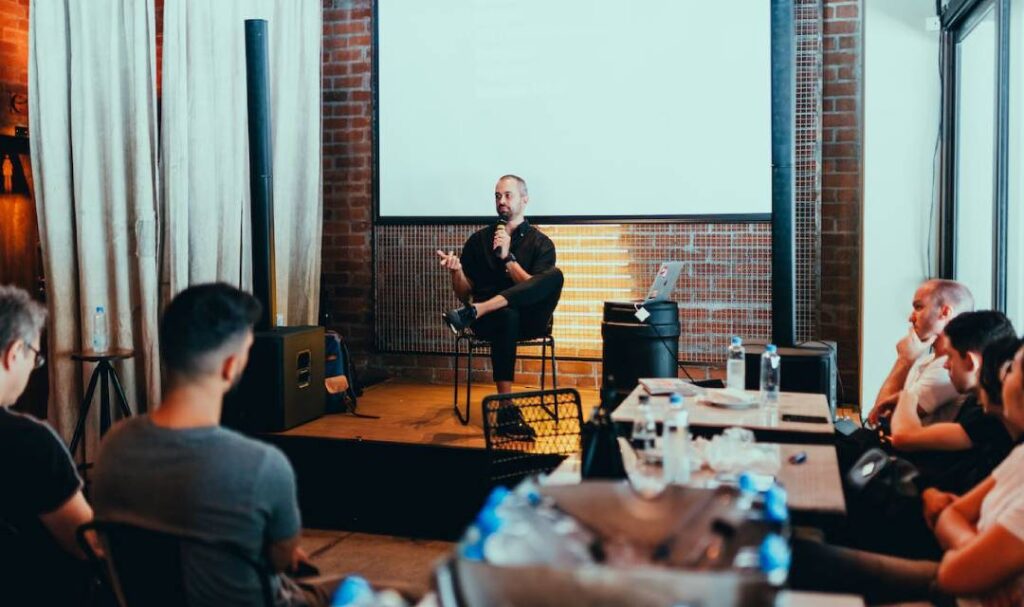Avoiding intimacy is a defense strategy. As a rule, it develops in childhood, but there are cases when an adult person suffers a serious psychological trauma, and consequently begins to use the coping strategy of escaping.
Here are some stories that will help you better understand the causal relationships in developing of avoidance.
1. “I had good but, as they say, cold parents. I seemed to have everything – like food, clothes, everything you need for school, a full family.
But I don’t remember them praising, supporting me, or asking what I wanted. When I cried or acted up, they used to give me a look of warning and say in a cool voice that good children don’t behave like that.
So now I just don’t know what a warm and intimate relationship is”.
2. “You could never rely on Mom. You never knew what to expect from her. She could be very attentive, start educating and developing me, and then she would “disappear”: get busy with her own things, and pay no attention to me. And if I tried to contact her, she would burst out yelling to leave her alone and not to distract her.
So now I’m afraid of getting close to people, because I don’t know what to expect from them”.
3. “I was an overly loved child. They took extremely good care of me, guarded me, and protected me literally from everything. Don’t go there, something might happen to you, and how will I live without you? Don’t do it, it’s dangerous, anything might happen! Look, we do everything for you, and you must appreciate it!
So now I try to keep my distance from people I like, because I don’t want to give up my desires and life for the sake of someone else’s peace of mind any more”.
4. “Personal space is not about my family. Control, inspections, and meddling in relationships were a common thing. Moreover, not only between my parents and me, but also between dad and mom, grandmother and my parents. Everyone intruded into everything, imposed, and criticized. I remember once my mother read my personal journal, she didn’t like something she saw, and we discussed my “bad behavior” at a family meeting.
Self-therapy can be an essential tool for personal growth and self-improvement.
Browse through our courses and see the positive changes they can bring to your life.
You are not sure where to begin?
So now I try not to let anyone close. You know what they say: give them an inch and they’ll take a mile.”
5. “My mother got sick when I was 3. I don’t remember much, but it seems like it was a hard time for my family. She died when I was 5. I missed her a lot, I cried a lot, I shut off. Dad was trying to help me in some way, but he was shattered himself.
So now I don’t let myself get attached to anyone, because they can just disappear”.
6. “Dad mistreated Mom. He bullied her, started rows, constantly finding faults with her. It was unbearable to stay at home: there was so much tension in the air that you immediately got a migraine. She put up with this; she used to say that it’s common, that everybody lives like that, and there’s nothing she can do. I watched it and I got very angry. First, with him, and then with her as well.
So now I don’t want to start a family or live together with a partner. I associate it with negativity”.
7. “A boy I once loved humiliated me in front of the whole class. It was so painful, so embarrassing, so scary. I remember my whole body freeze, and a fire burn inside me.
That’s why I’m afraid to love. Why love, if it could end like this?”
Help us grow on Instagram 👇
